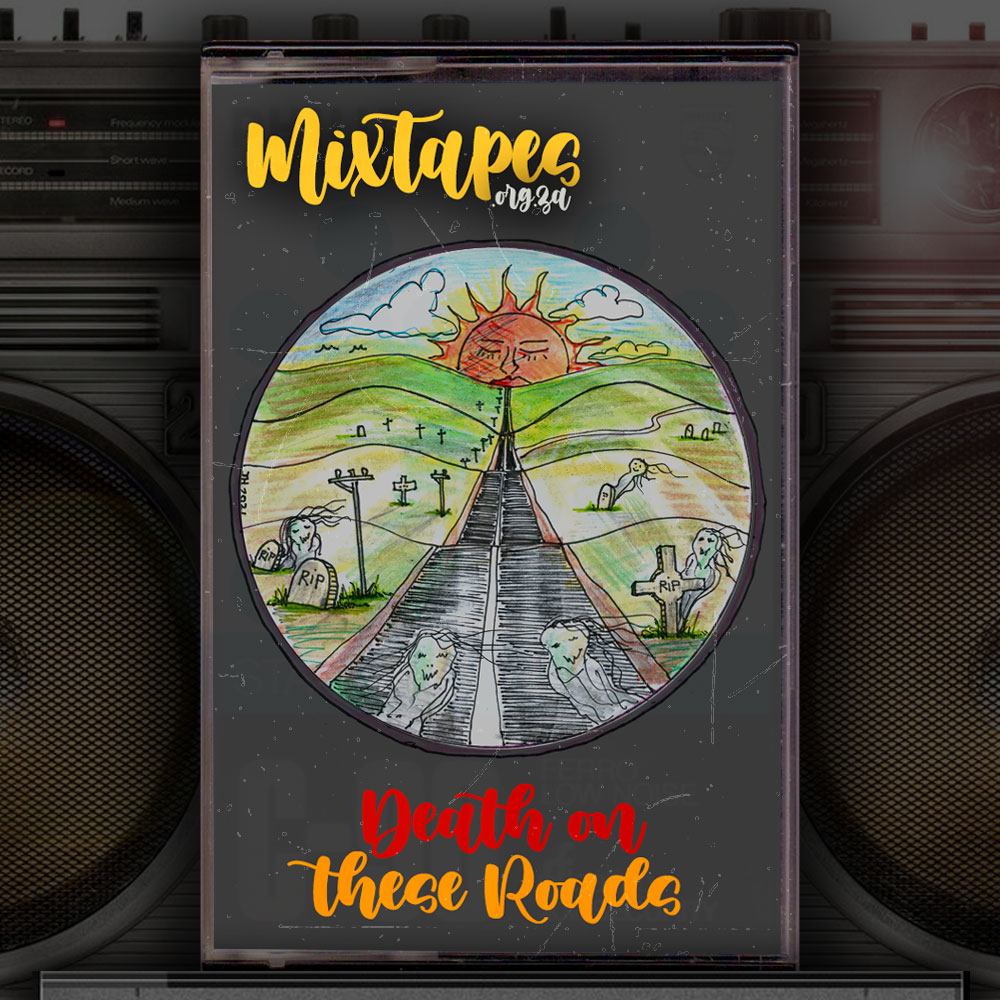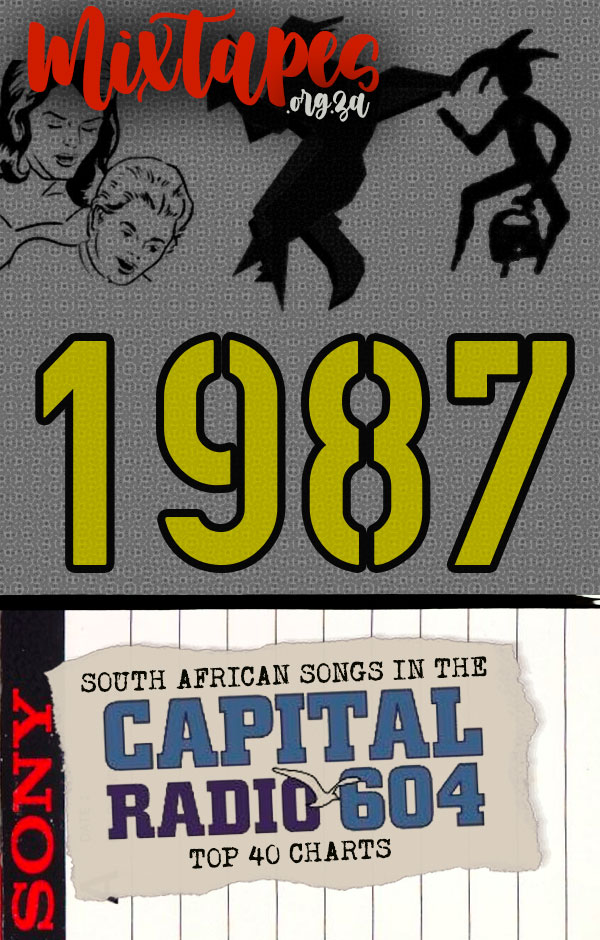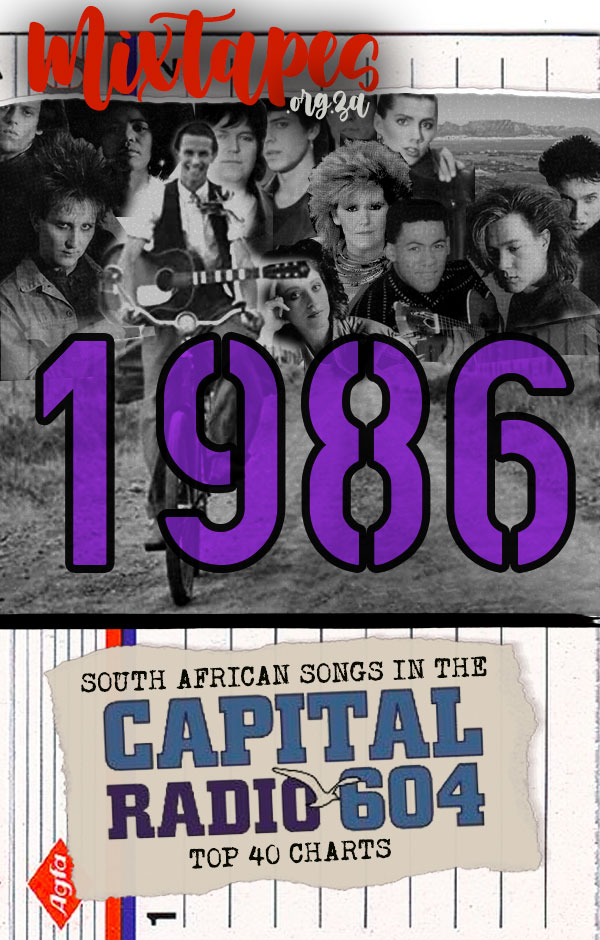
The previous two mixtapes featured songs about roads and road trips respectively and in putting these together we got to thinking about how many South African musicians have died while travelling in their cars. Some of these accidents have taken place as the musicians have travelled to concerts while other accidents have been part of musicians’ day to day lives. In at least two instances – Gito Baloi and Lucky Dube – the deaths were the result of carjackings, while Tebego Madingoane was shot dead in a road rage incident following a car accident. Travelling anywhere in a motor vehicle in South Africa is more risky than in most parts of the world. And given the vast distances between South Africa’s major cities, the potential danger for South African musicians travelling to and from performances adds to the many sacrifices which they make in order to ply their trade. This mixtape is dedicated to all South African musicians in an acknowledgement of the many hours, days, weeks and months they end up spending on our roads, and in memory of those who have died on these roads.
Below is a list of musicians who have died on South African roads. The list is not definitive because – unfortunately – there are other South African musicians who have undoubtedly died in car accidents. If there are any names missing please let us know and we can add their details to the list, in remembrance. And if you know any or all of the names of the members of Sankomota who were killed in a car accident in April 1996 please get in touch with us. Finally, if any of the details listed are incorrect also please do get in touch with the correct information.
We have tried to include a song which features the musician(s) in question, and where possible, include a song which that musician wrote. In the case of Roger Cumming we could not locate a Silver Creek Mountain Band recording of a song on which we were sure he performed, and so we included a very fitting tribute to the Silver Creek Mountain Band by Bill Malkin, which includes a reference to Roger Cumming.
We thank Jonathan Handley of the Radio Rats for drawing and designing a special cover for this mixtape.
In remembrance:
- Don Christie of Dickie Loader and the Blue Jeans 1965
- Roger Cumming of the Silver Creak Mountain Band 1977
- Tuza Mthetwa and Pompie Sofibo of the Soul Brothers 1979
- Tony Hunter of the Uptown Rhythm Dogs 1980 (check when died?)
- Koos Du Plessis 15 January 1984
- Zakes Mchunu of the Soul Brothers 1984
- Adam Reinecke of Winston’s Jive Mix Up 17 December 1989
- Penny Power of Peach 24 April 1994
- Kevin Van Staden of Celtic Rumours 26 December 1994
- James Phillips 31 July 1995
- Four members of Sankomota 12 April 1996
- West Nkosi August 1998
- Johnny Mair of Sweatband 11 November 2002
- Bles Bridges 24 March 2000
- Gito Baloi 4 April 2004
- Tebego Madingoane of Mafikizolo 14 February 2004 (shot dead in a road rage
- incident following car accident)
- Lebo Mathosa of Boom Shaka Shaka 23 October 2006
- Lucky Dube 18 October 2007
- Tulsa Pittaway of Watershed (and Evolver One and Brotherly) 21 May 2017
- Jacques de Coning solo Afrikaans singer 9 June 2019
- Jethro Butow of Morocko and …. 19 January 2020
- Emmanuel “Mjokes” Matsane of Trompies 22 May 2021
- Sakhile Hlatshwayo (Killer Kau) 8 August 2021
- Mpura 8 August 2021 (Same accident as above)



